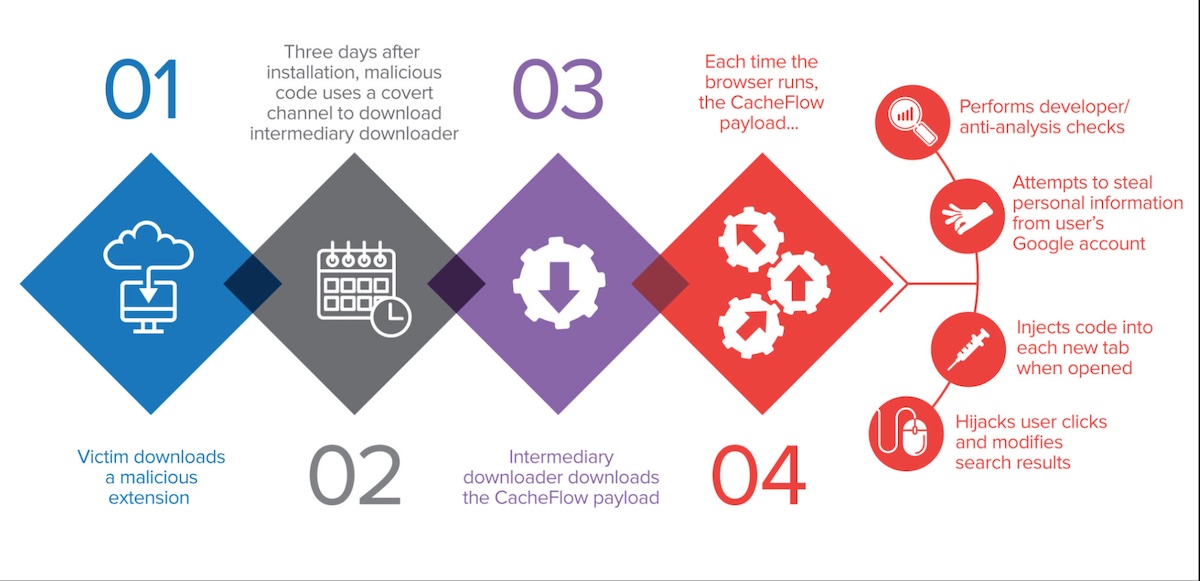
Which Chrome & Edge Extensions Contain Malware? It is thought that the extensions in question were specifically created with the malware built-in, were allowed to become popular before the malware was added, or were sold at some point after being created with the malware added subsequently. The researchers believe the aim of the malware is to make money, with its developers being paid, for example, for redirects to ads.
AVAST BROWSER EXTENSION MICROSOFT EDGE DOWNLOAD
In addition to capturing people’s personal data like birth dates, email addresses, and active devices and manipulating their internet experience for people, the extensions can download further malware onto a user’s computer and also has the ability to hide itself. Related: Google Chrome Will Warn Users Before Using Insecure Forms To Enter DataĪvast's Threat Intelligence team began monitoring the threat of malware through extensions in November this year but says that reviews on the Chrome Web Store suggest it could date back as far as December 2018. Rogue developers can use extensions as a potential way to steal or capture user information, or to direct users to untrustworthy websites. Anyone can develop an extension, which means there are a wealth of useful tools available to add to, say, Chrome that Google would never have created itself, but this openness also creates a potential security threat.

Extensions give users a means of adapting a browser to suit their needs with tools that would not be so widely useful that they would be built into the browser as standard. Microsoft's Edge browser, launched this year, is also extensible in this way.

Google Chrome was launched in 2008 and the ability to add extensions to it, as could already be done with Firefox, was introduced in 2009.

Avast estimates that around three million people around the world may be affected, based on app store download figures. Much of the malware has been designed for use with major online platforms like Facebook and YouTube - though not by the platforms themselves - and may steal personal data or redirect users to ads or phishing websites. Cybersecurity firm Avast has identified at least 28 third-party browser extensions for Google Chrome and Microsoft Edge that contain hidden malware.


 0 kommentar(er)
0 kommentar(er)
